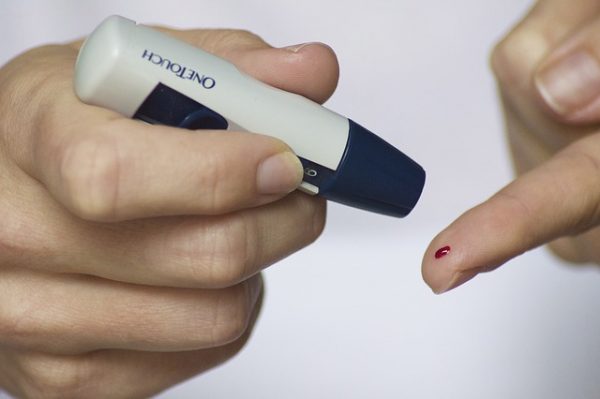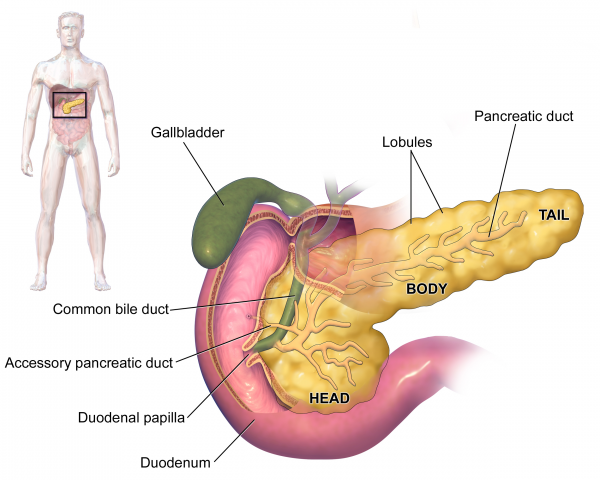One year later, and we still don’t know nearly enough about the long-term effects of COVID-19 or why they affect some patients more than others. What we do know is that many people will experience permanent or long-term heart and lung damage after developing — and recovering from — the disease. Some patients even experience a second bout of symptoms post-recovery. Now, studies seem to suggest a link between long-term symptoms of COVID-19 and diabetes.
At least 14 percent of COVID-19 hospitalizations coincide with diabetes.
Dr. Yogish Kudva said, “So when the immune system is not working as well and tends to work against the insulin-making cells, even when the sugar is normal, you can diagnose this with certain tests, such as antibody tests. And if in such individuals there is an illness, that can worsen the sugar in these people. So that could be an explanation for why Type 1 diabetes might be diagnosed after COVID-19 — that these are individuals who were already predisposed.”
These findings don’t prove a connection between COVID-19 and the onset of new diabetes. It’s possible the disease might expedite the development of prediabetes or diabetes, or even that a new sedentary lifestyle due to social distancing and/or quarantine could have had the same result.
Kudva added, “This individual is predisposed to abnormal glucose characteristics, abnormal glucose regulation, and then severe COVID happens. That’s going to accelerate the progression from this state toward a more uncontrolled state.”
For now, it’s more important to recognize that having diabetes puts a patient at increased risk of developing severe complications from COVID-19. Those who have diabetes should be vigilant about following CDC guidelines, including using masks to complement social distancing and reduce the risk of catching the coronavirus.
Diabetics should also use this time to improve diet, exercise, and reduce stress as much as is possible under the circumstances.


